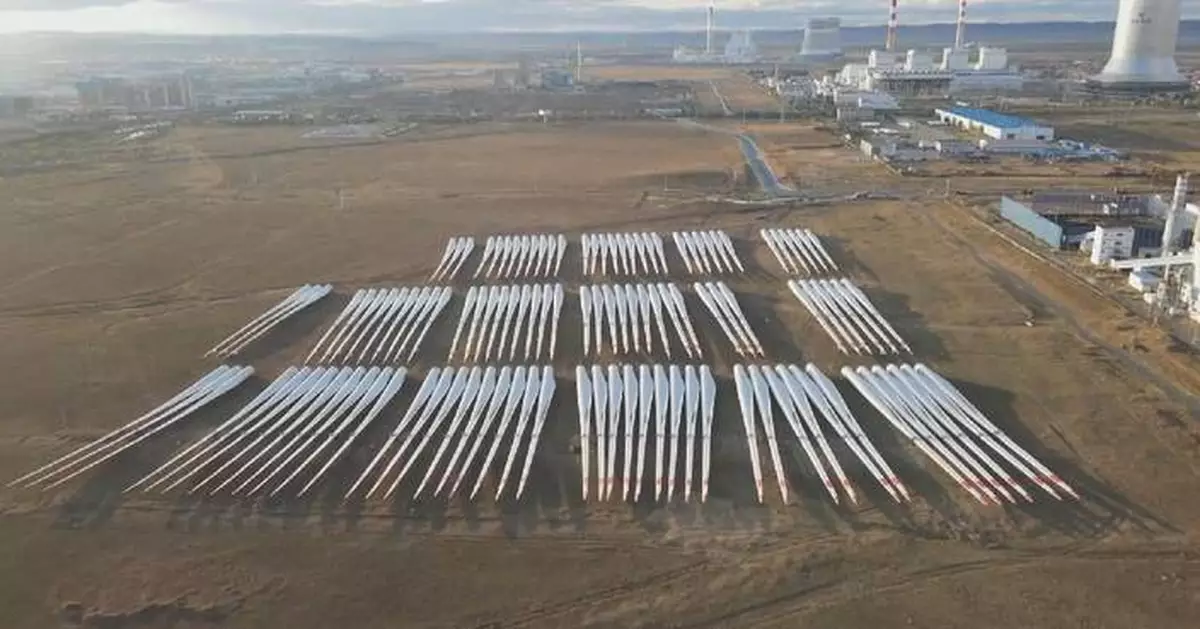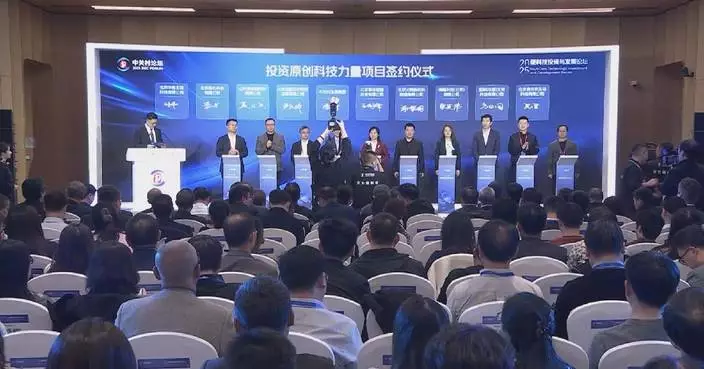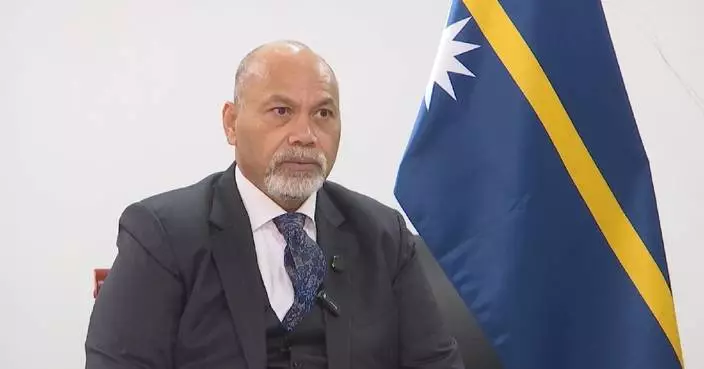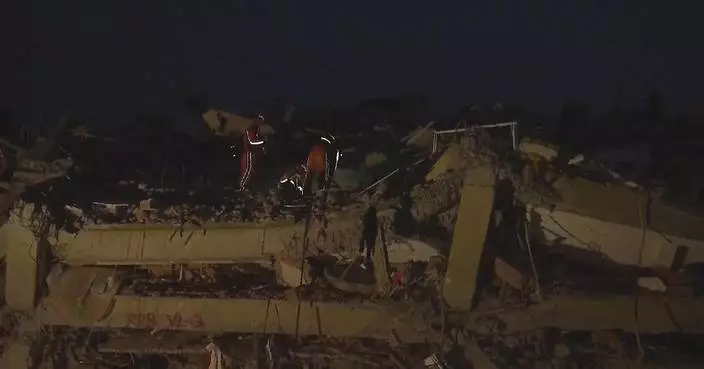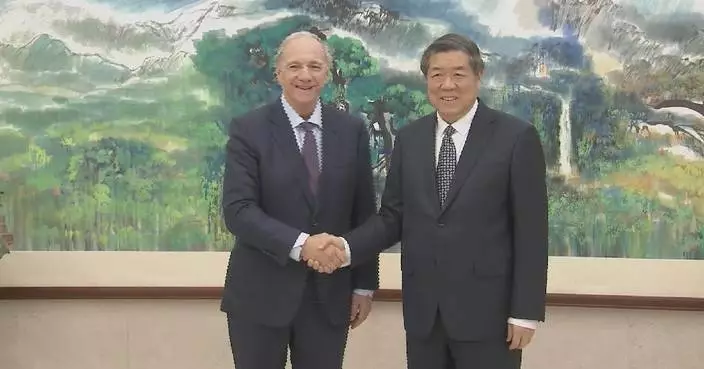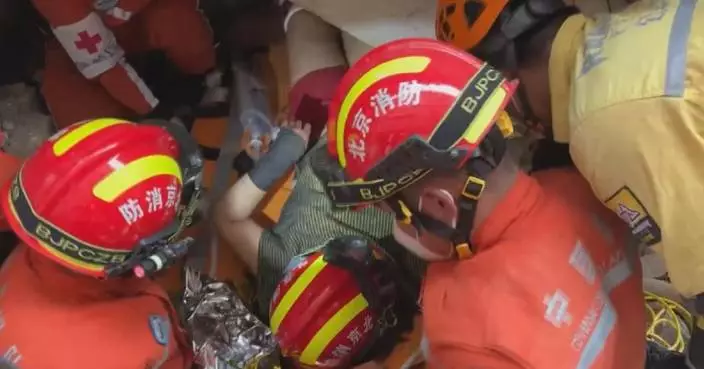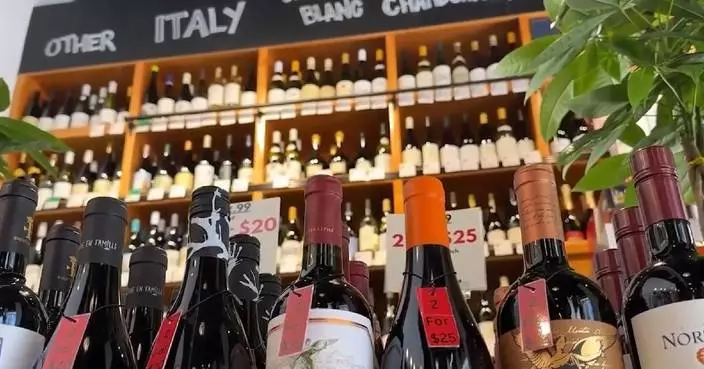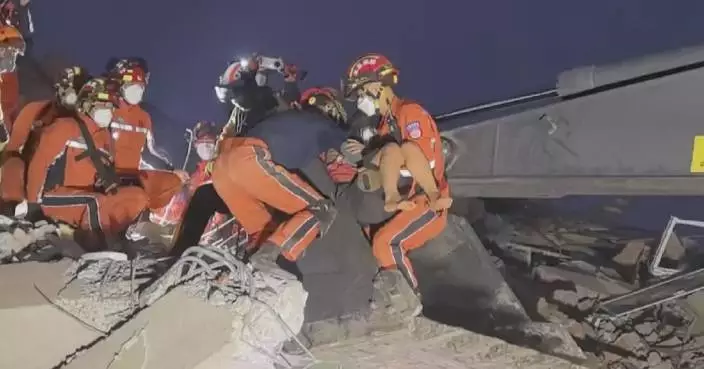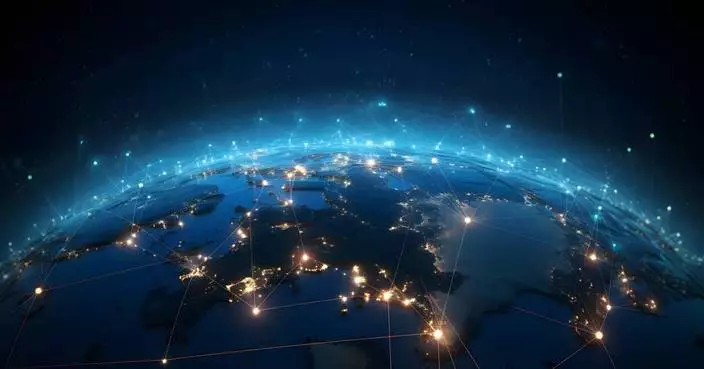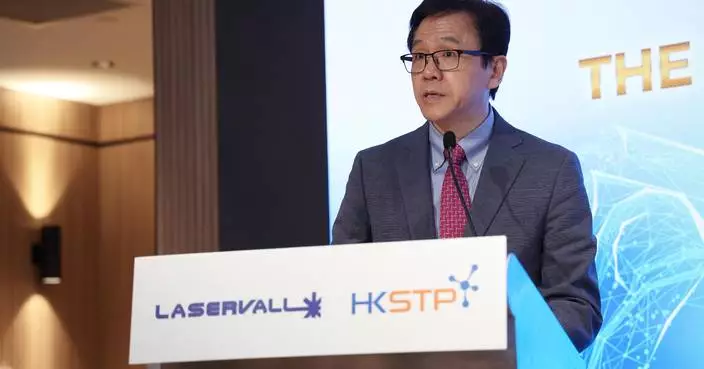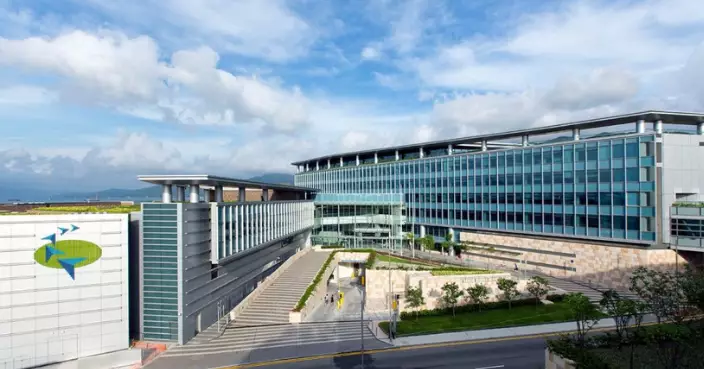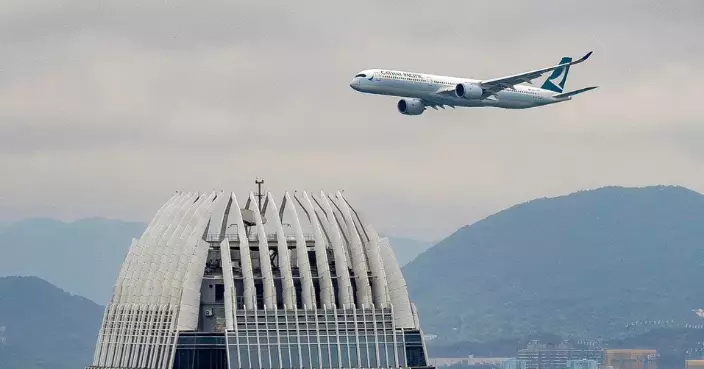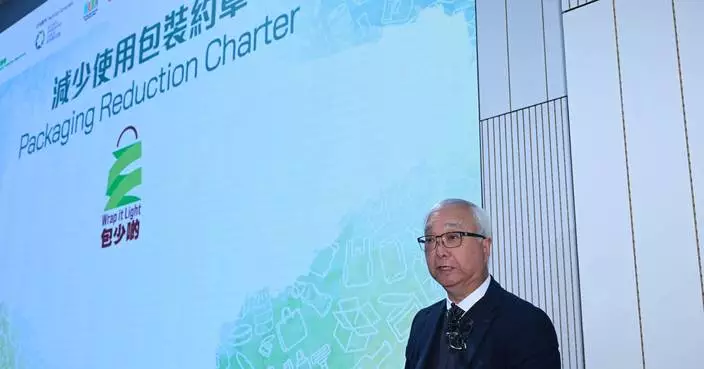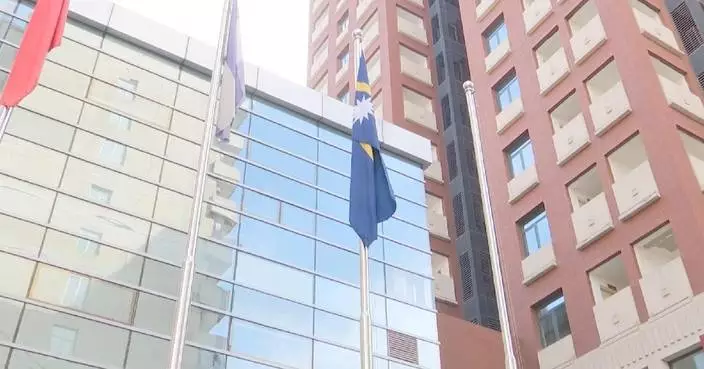Chinese companies have made progress in recycling used wind turbines and turning them into valuable products, as part of the efforts to make the wind power industry more sustainable.
According to reports, steel usually makes up 86 percent of used wind power equipment, with fiberglass making up about 10 percent, copper and aluminum 5.3 percent and rare earth elements 0.5 percent.
The Eling Wind Farm in south China's Guangdong Province has phased out a group of old and inefficient wind turbines, raising its power generation efficiency by more than two times and saving nearly 80 percent of collective land. The person in charge said that key components of the retired generators can be applied to other industries after technical transformation and maintenance, and scrap metals can be recycled into building materials.
Wind turbine blades made from fiberglass have always been difficult to recycle because of their hardness and large size. To solve this problem, a company in east China's Shandong Province has developed a hydraulic cutting robot to cut the blades.
"Through program control and automatic conveying systems, we achieve high levels of mechanized automation to replace the original manual operation, doubling cutting efficiency and addressing the dust problem with hydraulic cutting," said Zhang Min, general manager of wind and solar power production line of Jerry Environmental Protection Technology Company.
Through technological innovation, a company in northwest China's Ningxia Hui Autonomous Region has recycled wind turbine blades into composite pallets and building templates. These environmentally friendly products also feature high toughness, excellent waterproof performance and weather resistance.
"We recycled 300,000 kilowatts of wind power systems in the first half of 2024. These recycled wind turbines produced about 70 tons of copper, over 300 tons of aluminum, over 2,000 tons of composite materials, and over 20,000 tons of scrap steel. The effective recycling of these materials has reduced our reliance on foreign raw material suppliers and has reduced carbon emissions in raw materials production," said Cheng Gangqi, director of the Wind and Solar Equipment Recycling Committee of the China National Resources Recycling Association.
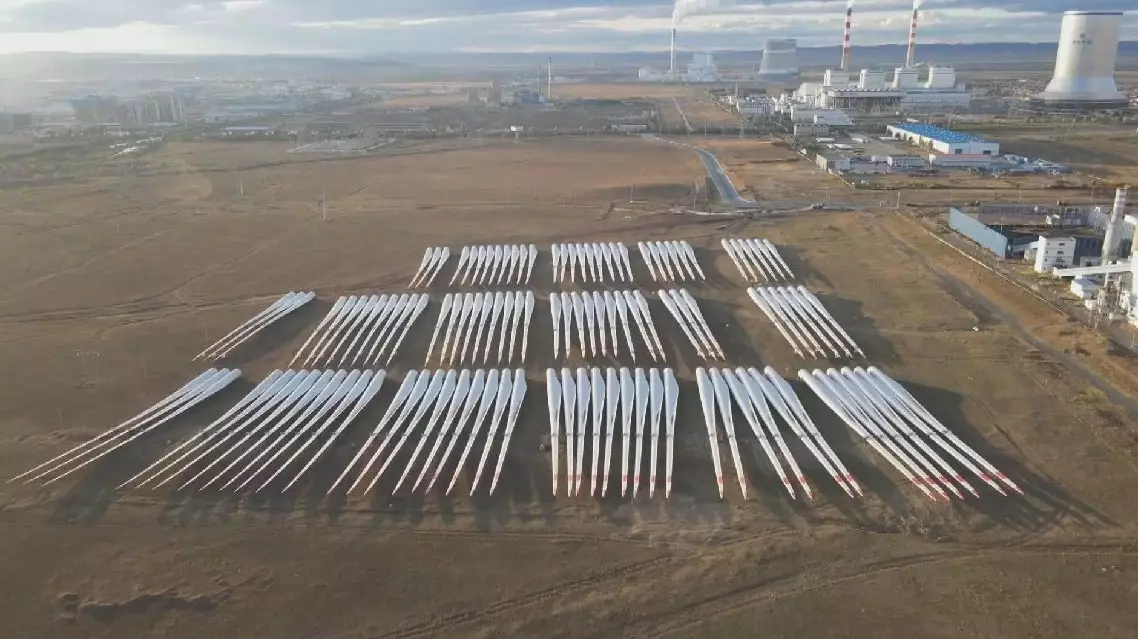
Chinese manufacturers speed up wind turbines recycling


